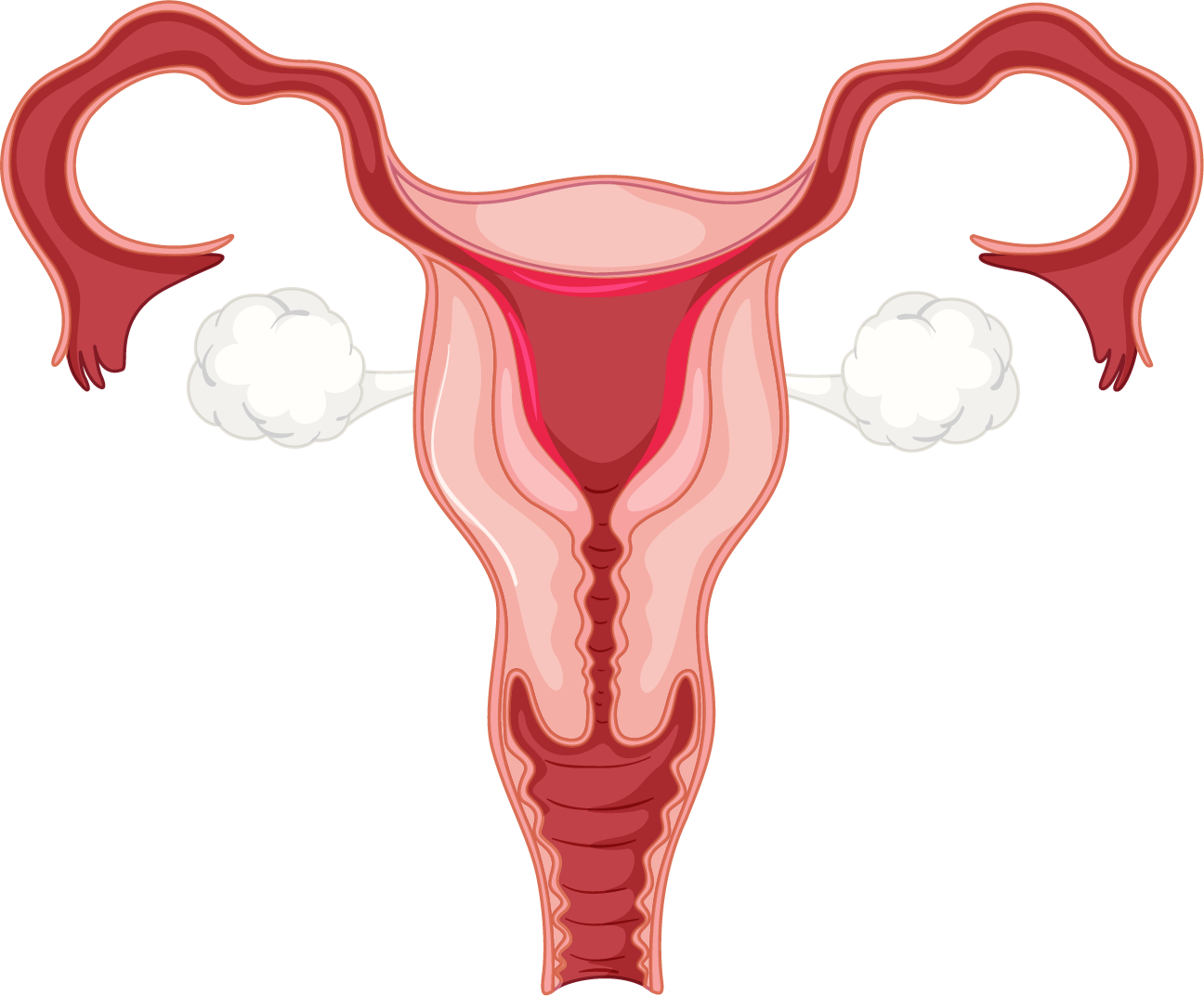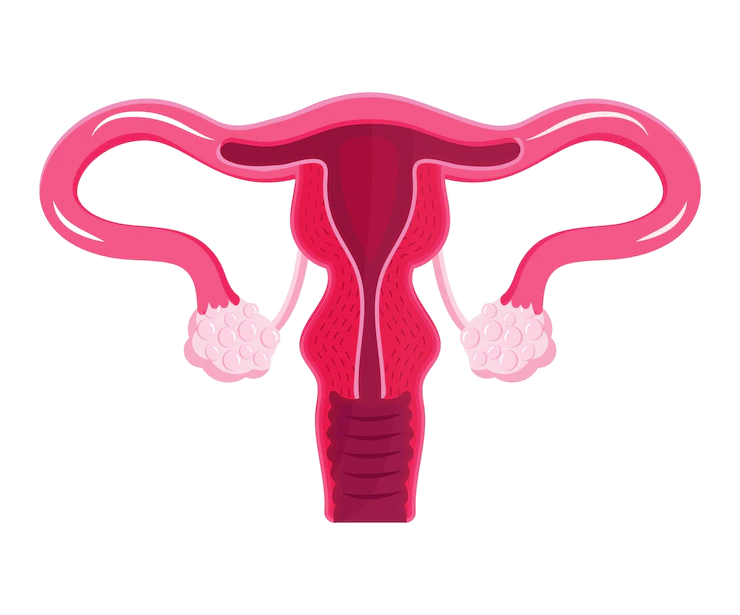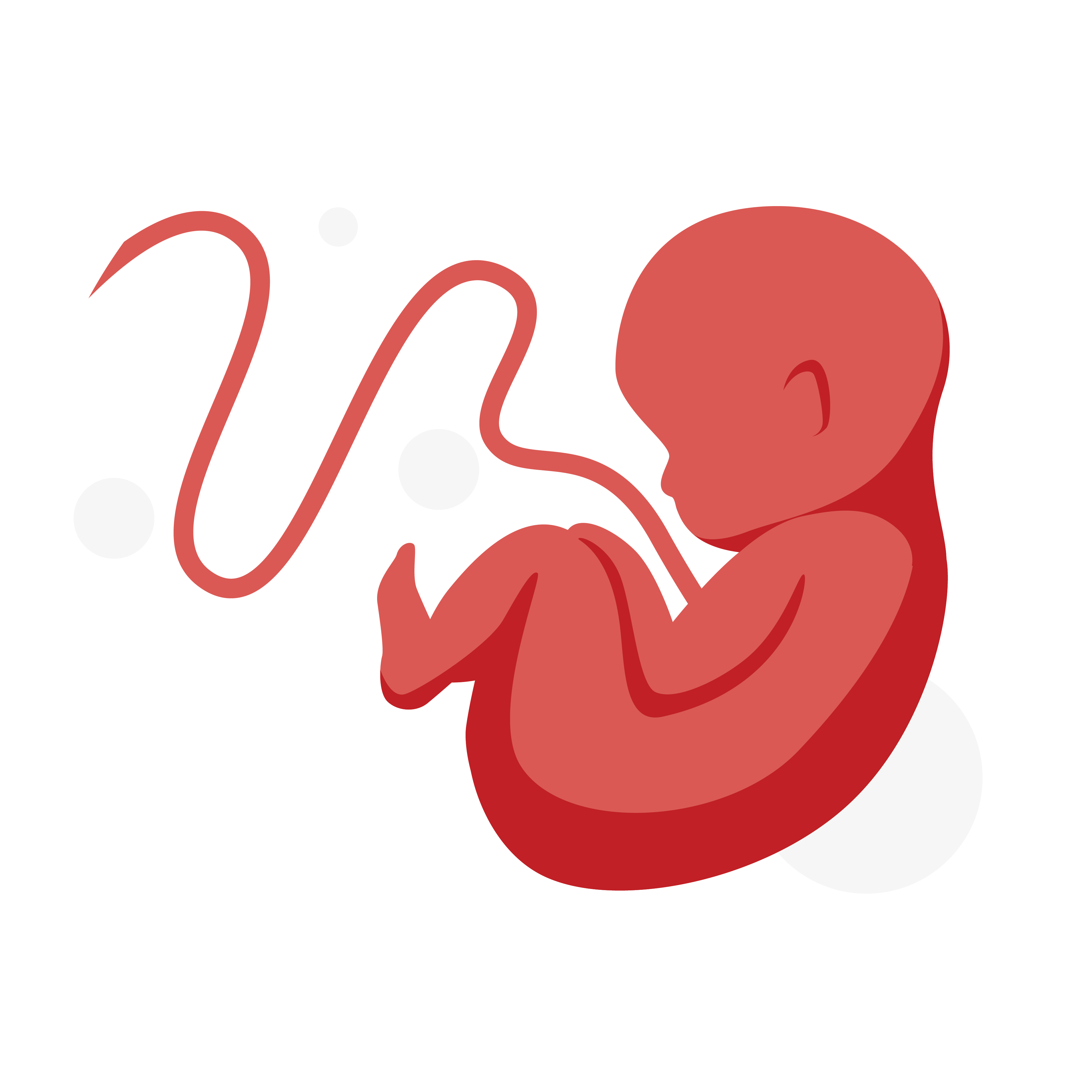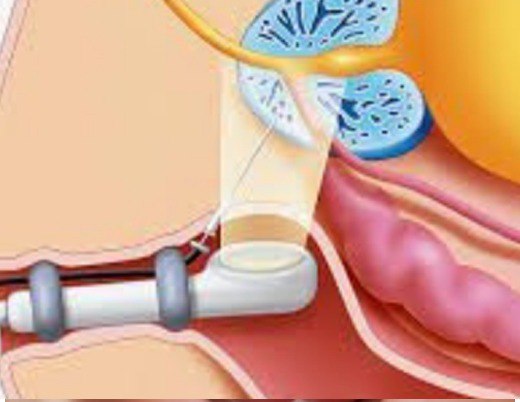
POLYCYSTIC OVARIAN SYNDROME (PCOS)
Polycystic ovarian syndrome (PCOS) is a hormonal disorder. It affects one out of every ten women of reproductive age. Women with PCOS may experience irregular menstruation, excessive hair growth, acne, obesity, and enlarged ovaries. PCOS can cause infertility, miscarriage or premature birth, as well as abnormal uterine bleeding. It has been linked to the development of other medical conditions such as type 2 diabetes, high cholesterol, hypertension, and heart disease. Our infertility specialists at Bliss Fertility Center diagnose PCOS through a medical history, pelvic exam, ultrasound, and blood test to measure hormone, cholesterol, and glucose levels, and then provide the best treatment available in the healthcare sector.
DIMINISHED OVARIAN RESERVE (DOR)
Diminished ovarian reserve is a condition that affects women's fertility in their mid to late thirties, as well as at younger ages. The ovary in women with DOR loses its normal reproductive potential, reducing the quality and quantity of her oocytes. DOR is most commonly caused by ageing, but it can also be caused by genetic abnormalities, certain medical treatments, and injuries. We use hormone tests like AMH and ultrasound to assess ovarian reserve and tailor treatment plans to maximise success rates. For women with DOR, the best available treatment option is in vitro fertilisation with either self-gamete or, in very rare cases, donor gamete.


ENDOMETRIOSIS
Endometriosis is a common gynaecological condition that affects up to 10% of female reproductive years. It occurs when tissue similar to the uterine lining grows outside of the uterus. When endometriosis is combined with tubal or ovarian adhesions, it reduces fertility. Pelvic pain, menstrual cramps, and/or pain during intercourse are other symptoms. Bliss diagnoses endometriosis through physical examination, ultrasound, and laparoscopy, and provides medical and surgical treatments to alleviate symptoms and improve fertility.
RECURRENT IVF FAILURE
Recurrent IVF failure occurs when a woman under the age of 40 fails to achieve clinical pregnancy after three IVF cycles with good quality embryos. Suboptimal embryo quality, advanced maternal age, uterine factors, and immunological factors are all common causes of recurrent IVF failures. Our experienced fertility specialists examine couples who have recurrent implantation failure, diagnose the causes, and provide a wide range of treatments to overcome recurrent failures and achieve successful pregnancies.


MALE INFERTILITY AND AZOOSPERMIA
Male infertility factor contributes to approximately 40% of all infertility cases and refers to a man’s inability to cause pregnancy in fertile women. The major causes of male infertility are defective/abnormal sperms, ejaculation issues, presence of antisperm antibodies, hormonal imbalances, infections, varicocele etc. Certain medications and surgeries also lead to infertility in male .Azoospermia-semen without sperms- is another medical condition associated with male infertility .We diagnose male infertility with a medical history evaluation, physical examination, semen analysis and hormonal tests and offers an array of treatments ranging from medications to ICSI.
ENDOCRINE DISEASES AFFECTING FERTILITY
Endocrine glands produce a wide range of hormones that regulate many bodily functions, including reproduction. Any change in gland function could result in hormonal imbalance and fertility issues. The major endocrine diseases affecting female fertility are amenorrhea (absence of menstrual periods), PCOS, hypothyroidism, Turner syndrome, and premature ovarian failure. Hormonal imbalance reduces sperm production in men. Our comprehensive hormonal examinations and specific hormone treatment assist patients in managing fertility issues caused by hormonal imbalances.
